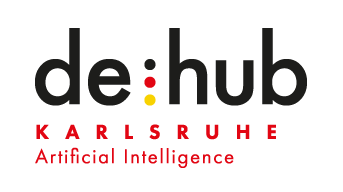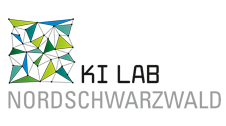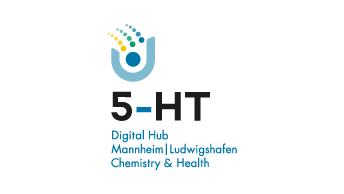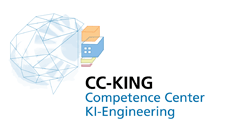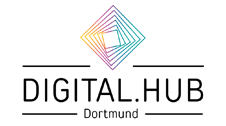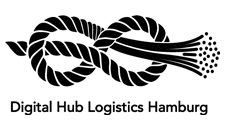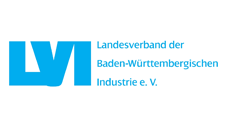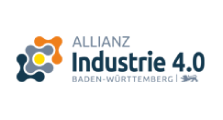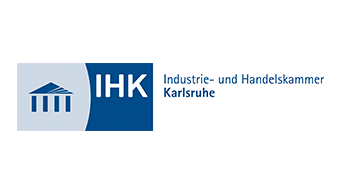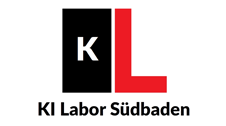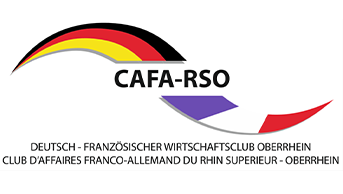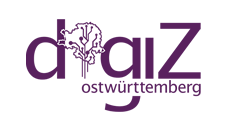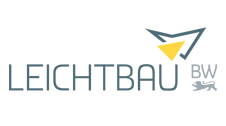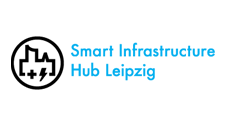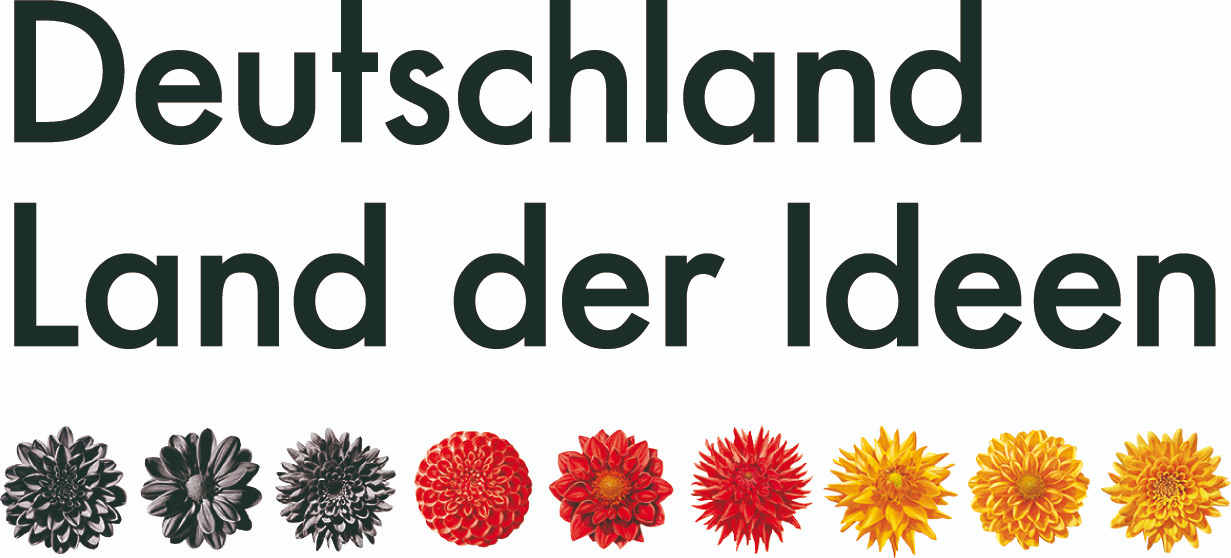This website use cookies to ensure you get the best experience on our website

AIxIA 2020
After the first successful French-German AI conference in October 2019, with over 300 participants from France, Germany and the world, the second AIxIA took place December 3, 2020.
Thank you for participating in the second French-German conference on the application of Artificial Intelligence!
AI for the environment – This year’s conference was held online with the focus on the application of Artificial Intelligence for the benefit of the environment! Climate Change is the biggest challenge of this century. We believe that Artificial Intelligence is a powerful technology that can contribute to a greener world, while at the same time driving economic growth for the benefit of humanity. For this keynotes and talks that centre around this topic were presented.
Topics 2020
The AIxIA keynotes, talks, discussions and state-of-the art use cases covered these topics:
AI & Industries
From predicting malfunctions of machines and finding root causes to next-level process automation for production lines – AI technology has led to major improvements in manufacturing. Besides, we see that close human-robot collaboration is in advance. AI can reinforce the collaboration by “humanizing” the robot behavior. At the conference, we will look into how these innovations massively boost business success AND can have a positive environmental impact – the reduction of waste and energy usage are just two examples.
Another aspect that will be covered is AI within the food industry. According to forecasts, humanity will need around 70 percent more food by 2050, than we produce today. AI solutions can help farmers to grow food more efficiently and at the same time in a more environmentally friendly way.
AI & Sustainability
Sustainability is a hot topic. An industry-wide shift is occurring which leads companies to include environmental sustainability goals in their corporate strategies. Companies must be aware of their footprint and what they can do to reduce it. The AI use cases presented in this session focus on these issues with a focus on energy, water, and resources.
powered by
de:hub Karlsruhe funded by

de:hub Karlsruhe coordinated by

honored by BMK (formerly BMWi)
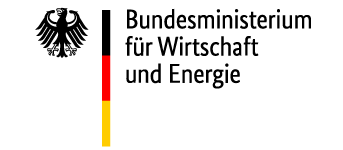
supported by

